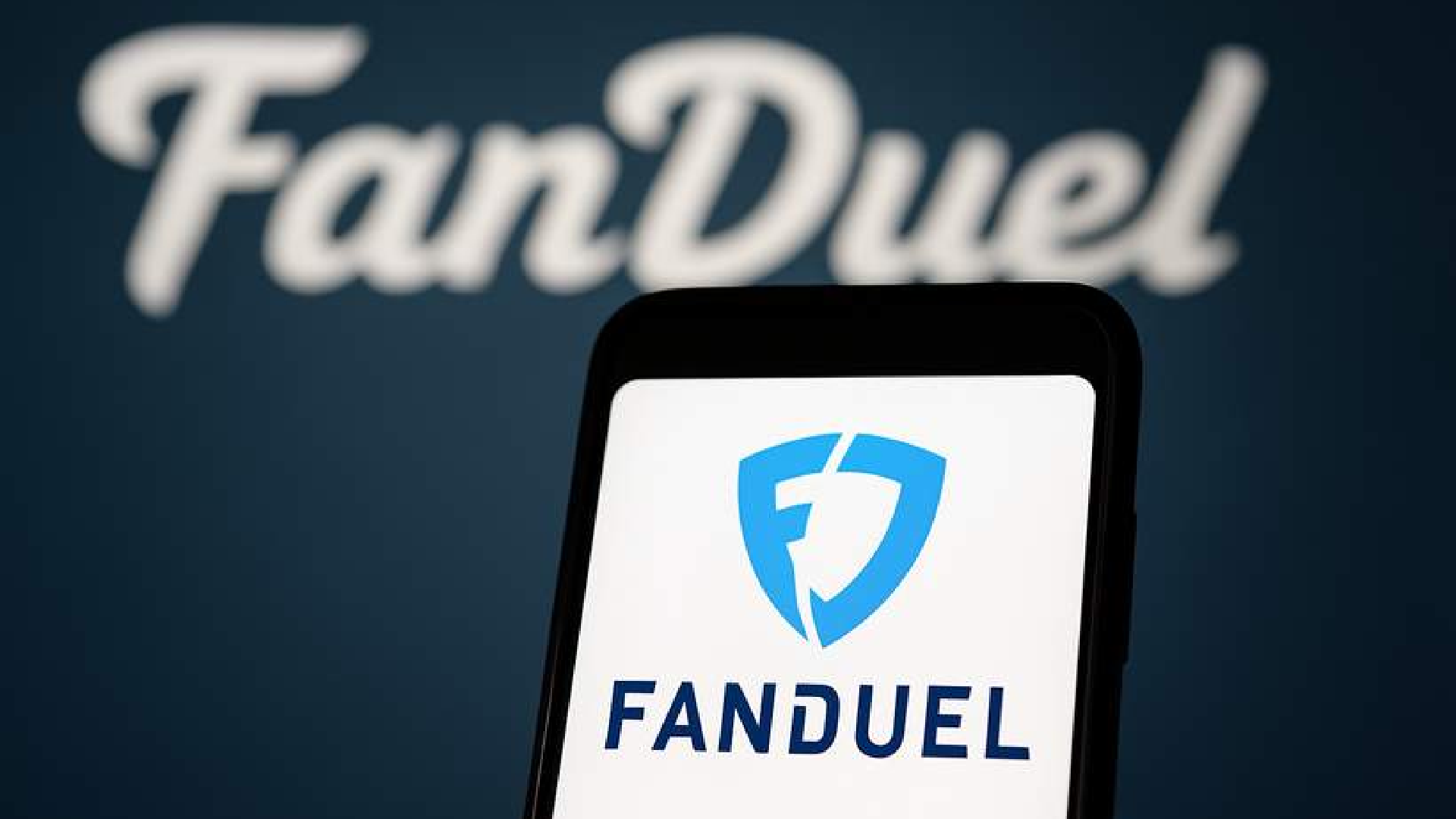
At least for the time being, FanDuel is avoiding protracted litigation in California as the plaintiff in a class action lawsuit against the gambling company has voluntarily dropped his complaint.
Martin Beltran filed the lawsuit in July, claiming that FanDuel's daily fantasy sports (DFS) competitions should be prohibited in California as the state does not allow sports betting because they are wagering and not skill-based games. Beltran filed the lawsuit to recover money that he and other "similarly situated Californians" feel the gaming corporation "illegally took from them."
FanDuel allegedly broke the California penal code by accepting client money for events with contingencies or uncertain outcomes, according to the lawsuit filed in the US District Court for the Northern District of California.
"Put simply, a company violates California Penal Code Section 337a when it engages in pool selling, bookmaking, or accepts or records any bets or wagers on the result of any contest and/or any unknown or contingent event whatsoever—including, without limitation, bets associated with the performance of persons, such as in fantasy sport,” according to a July legal document.
Since 2015, FanDuel, a division of Flutter Entertainment (NYSE: FLUT), has provided DFS games in California. Counsel representing Beltran and the class sought a declaratory judgment, arguing that FanDuel had violated the state's Consumer Legal Remedies Act and unfair competition statute in California.
Beltran's lawsuit has been withdrawn, as confirmed by a Notice of Voluntary Dismissal dated September 8. However, FanDuel allowed the lawsuit to be dismissed without prejudice, so it may be brought again in the future. Additionally, a tolling agreement permits the class to continue the lawsuit after the statute of limitations has passed.
Tolling agreements and voluntary dismissals together are interpreted by some legal experts as an indication that the parties concerned are trying to reach an agreement. The tolling agreement permits the lawsuit to be reopened in the event that a settlement cannot be achieved. FanDuel and the class's attorney have not made any public announcements about the existence of these discussions.
It could also be important to note that FanDuel's alleged tactics to take advantage of weak bettors were not the main focus of the Beltran lawsuit. Instead, the lawsuit focused on the claim that DFS companies violate California law because to the state's 2022 voters' resounding rejection of sports betting.
“In fact, as the California legislature re-affirmed in 2008, ‘no person in this state has a right to operate a gambling enterprise except as may be expressly permitted by the laws of this state,” said the Beltran suit, citing the state’s business and professional code.
Interestingly, the Beltran complaint was brought in the same month in which California effectively banned DFS, ruling it an illegal form of wagering under state law. Given that California is the biggest source of revenue for the DFS sector, that might provide some challenges for smaller, DFS-dependent firms.
The prohibition serves as yet another reminder that tribal casino operators in California have considerable influence over the growth of gaming, and it will be difficult for the competitors to compete if they don't support products that conflict with their own interests.
Due to exclusivity agreements, tribal operators have authority over the spread of gambling in California. Additionally, they have a lot of political clout in the state, which suggests that DFS operators would have trouble finding advantageous legal options to stay in the Golden State.